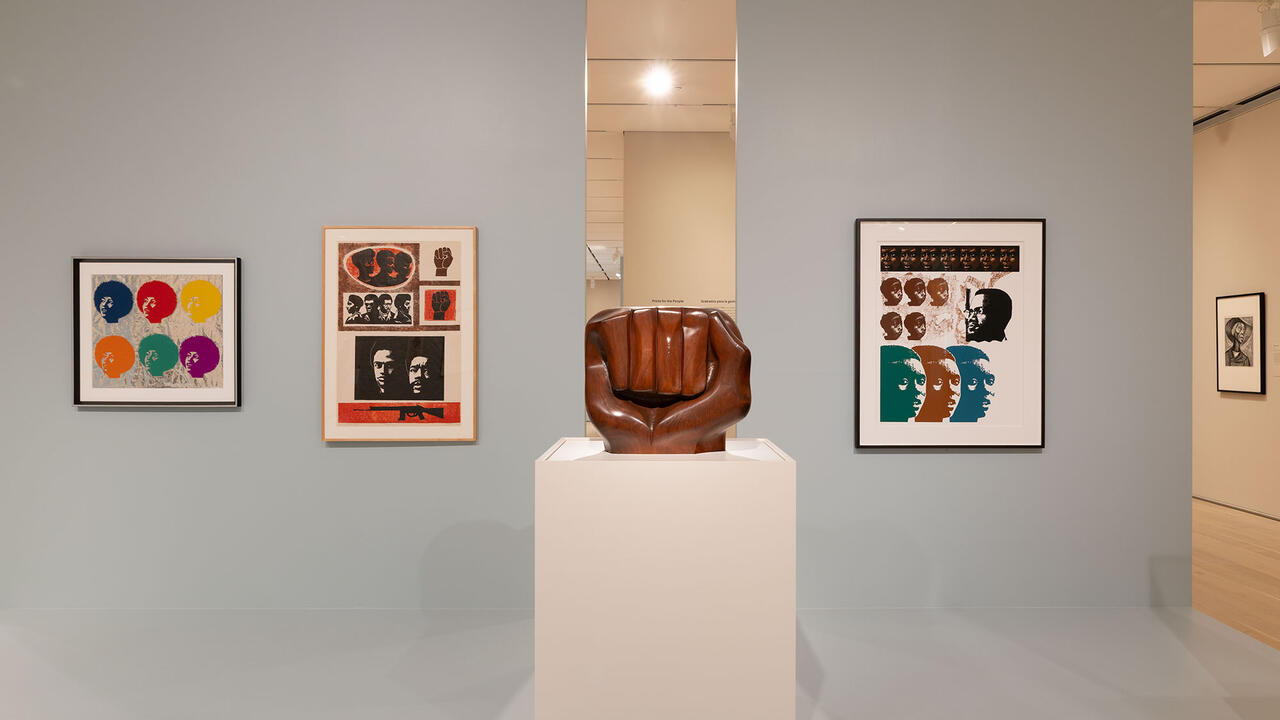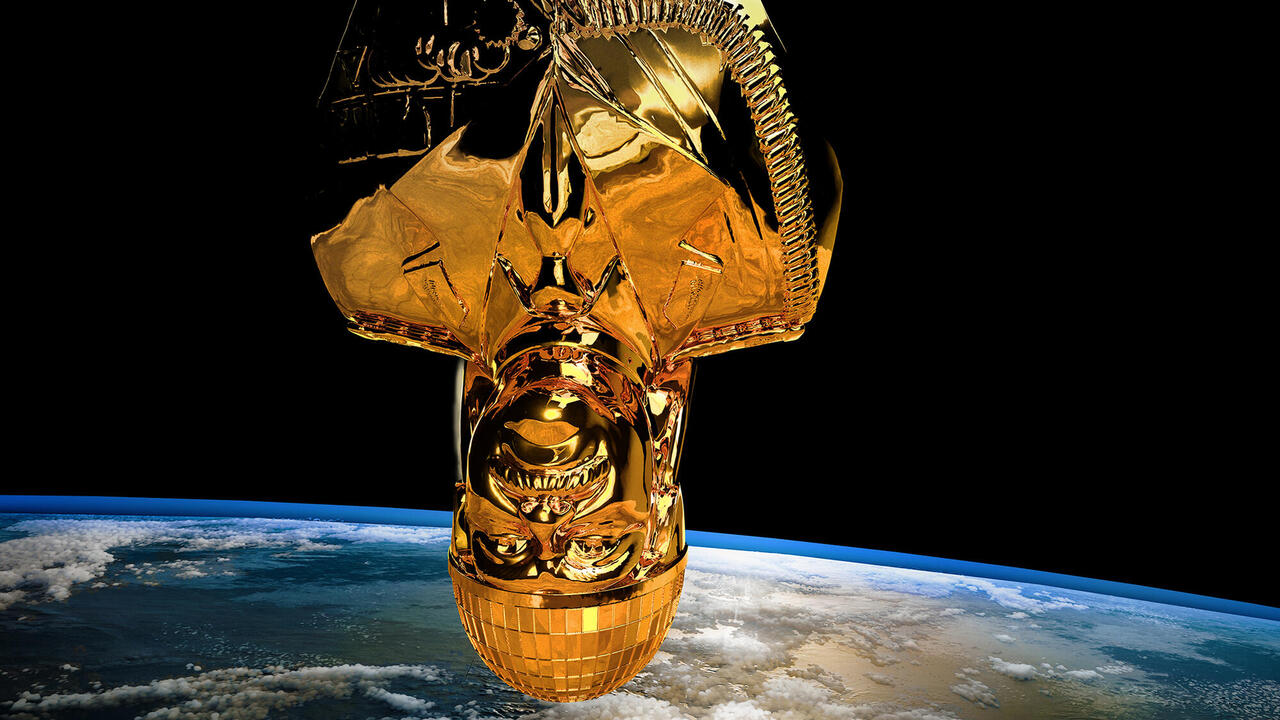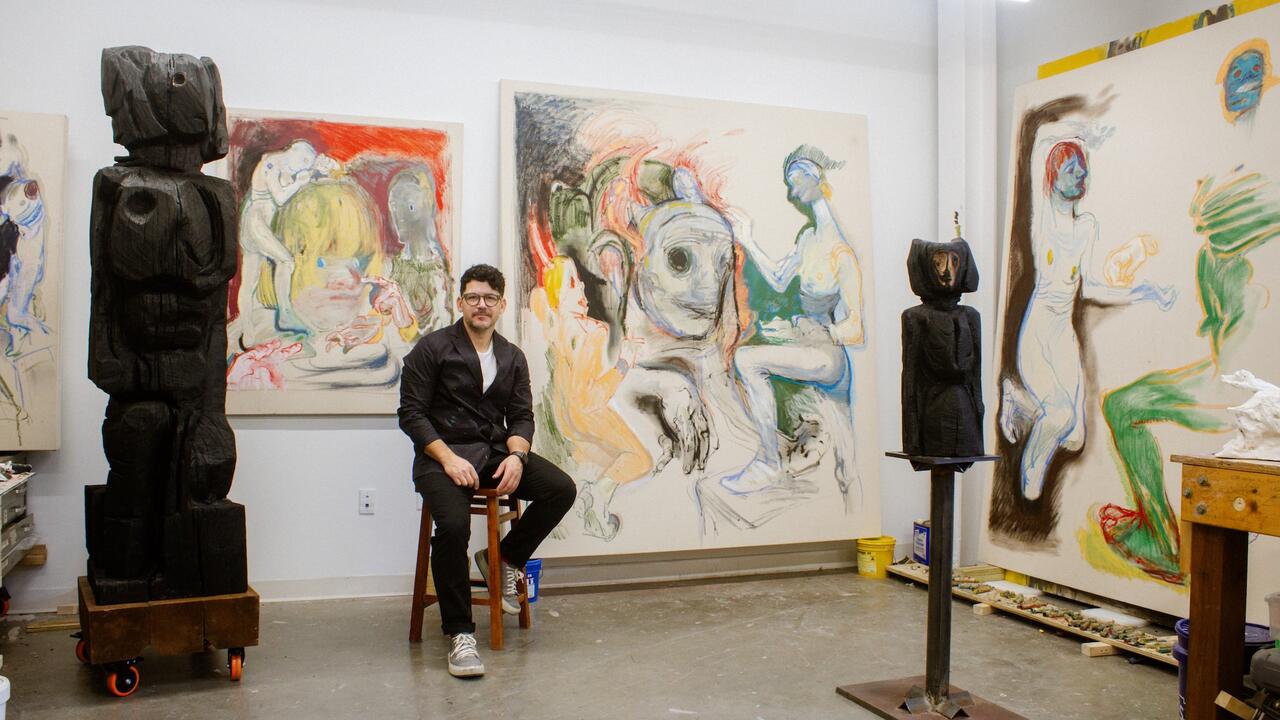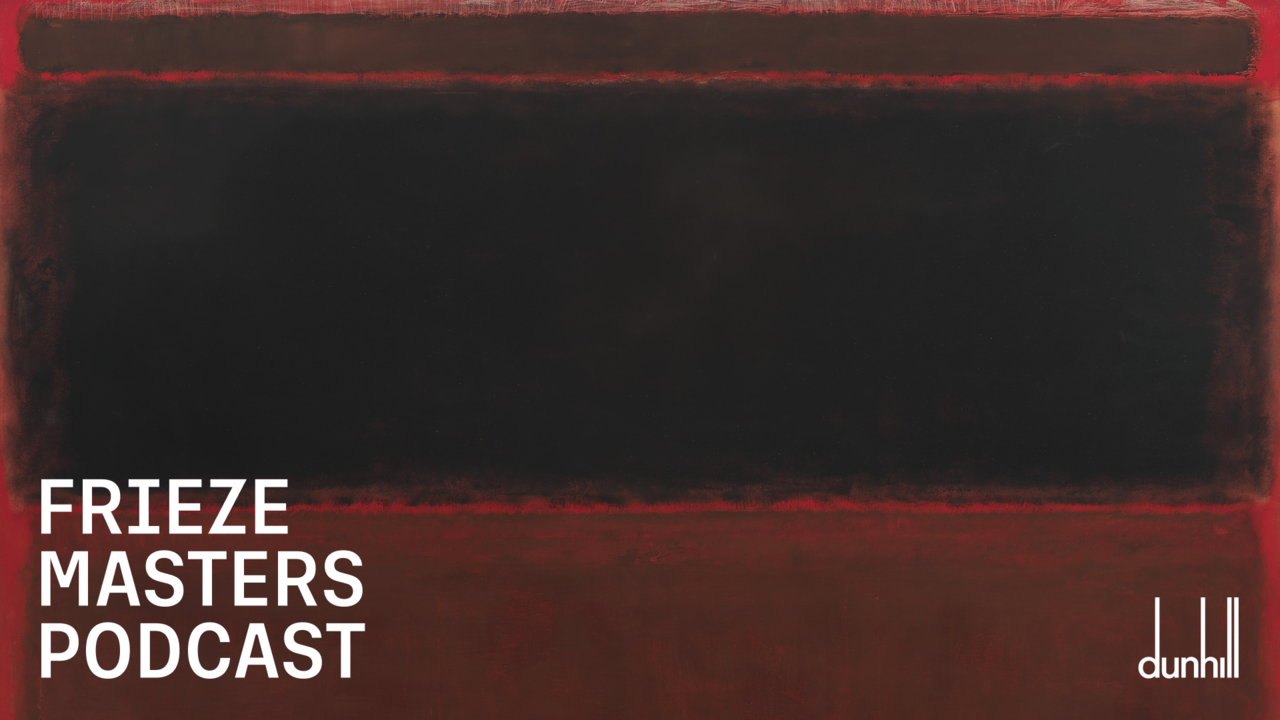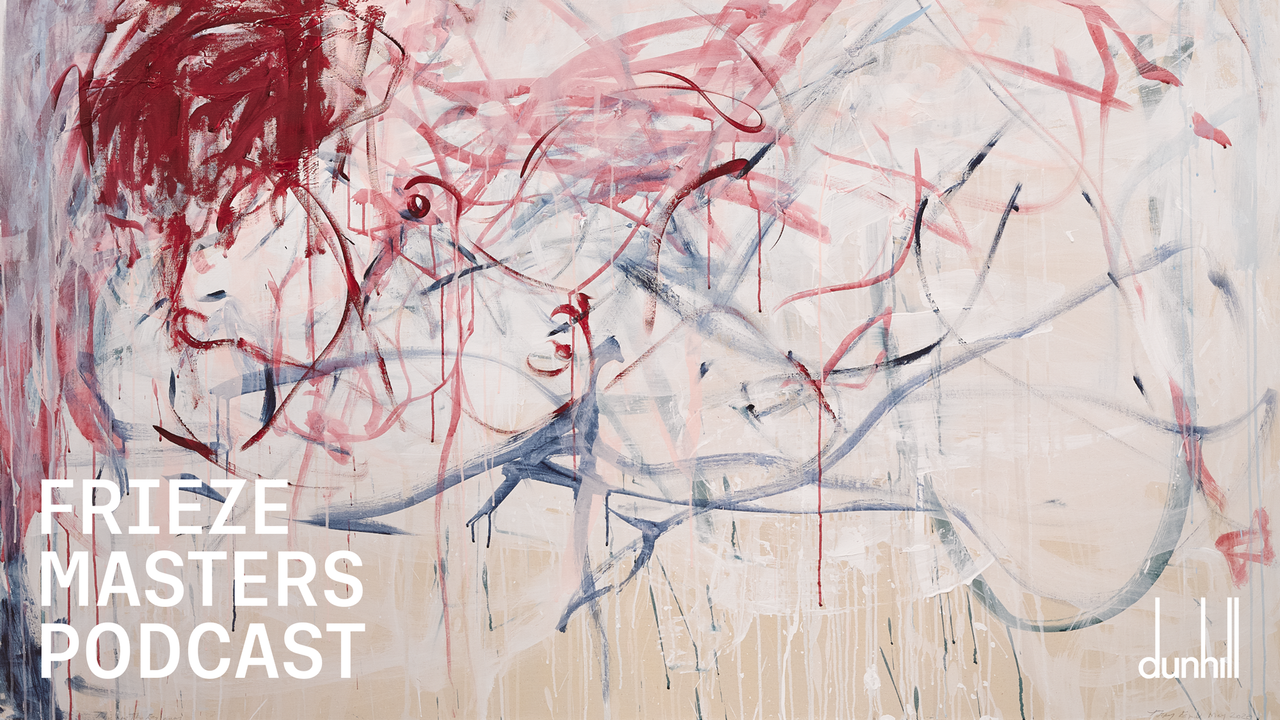Sculptor Anish Kapoor Blasts NRA’s ‘Nightmarish Vision’
The artist says his Chicago sculpture Cloud Gate was appropriated for an NRA advertisement without permission; condemns gun violence
The artist says his Chicago sculpture Cloud Gate was appropriated for an NRA advertisement without permission; condemns gun violence

In 2017, the National Rifle Association in the US broadcast a controversial video advertisement, ‘The Clenched Fist of Truth’, which warns of liberal America’s threat to freedom. In it, a brief scene details Anish Kapoor’s 2004 steel doughnut-like sculpture Cloud Gate at Chicago’s Millennium Park. Now the artist has released an open letter in which he says that the gun advocacy group’s ‘nightmarish, intolerant, divisive vision’ runs counter to ‘everything that Cloud Gate – and America – stands for.’
Kapoor holds rights over the commercial use of images of his sculpture – although visitors can photograph it for free, advertisers must seek permission from the artist. Kapoor says that this was never sought by or given to the NRA. In the one-minute promotional video, Cloud Gate is included in a series of shots of American architecture, including the Walt Disney Concert Hall and headquarters of the New York Times.
Kapoor says that the NRA ‘in its nationalist rhetoric uses Cloud Gate to suggest that these ideas constitue a ‘foreign object’ in our midst’. The Los Angeles Times’s architecture critic Christopher Hawthorne noted last year that the video’s inclusion of Frank Gehry’s Disney Hall, Renzo Piano’s New York Times tower and Kapoor’s work seemed like a conscious reference to Jewish people, or those born outside of the US. Kapoor says that he was ‘disgusted’ that his work had been appropriated for the NRA’s message which ‘seeks to whip up fear and hate’.
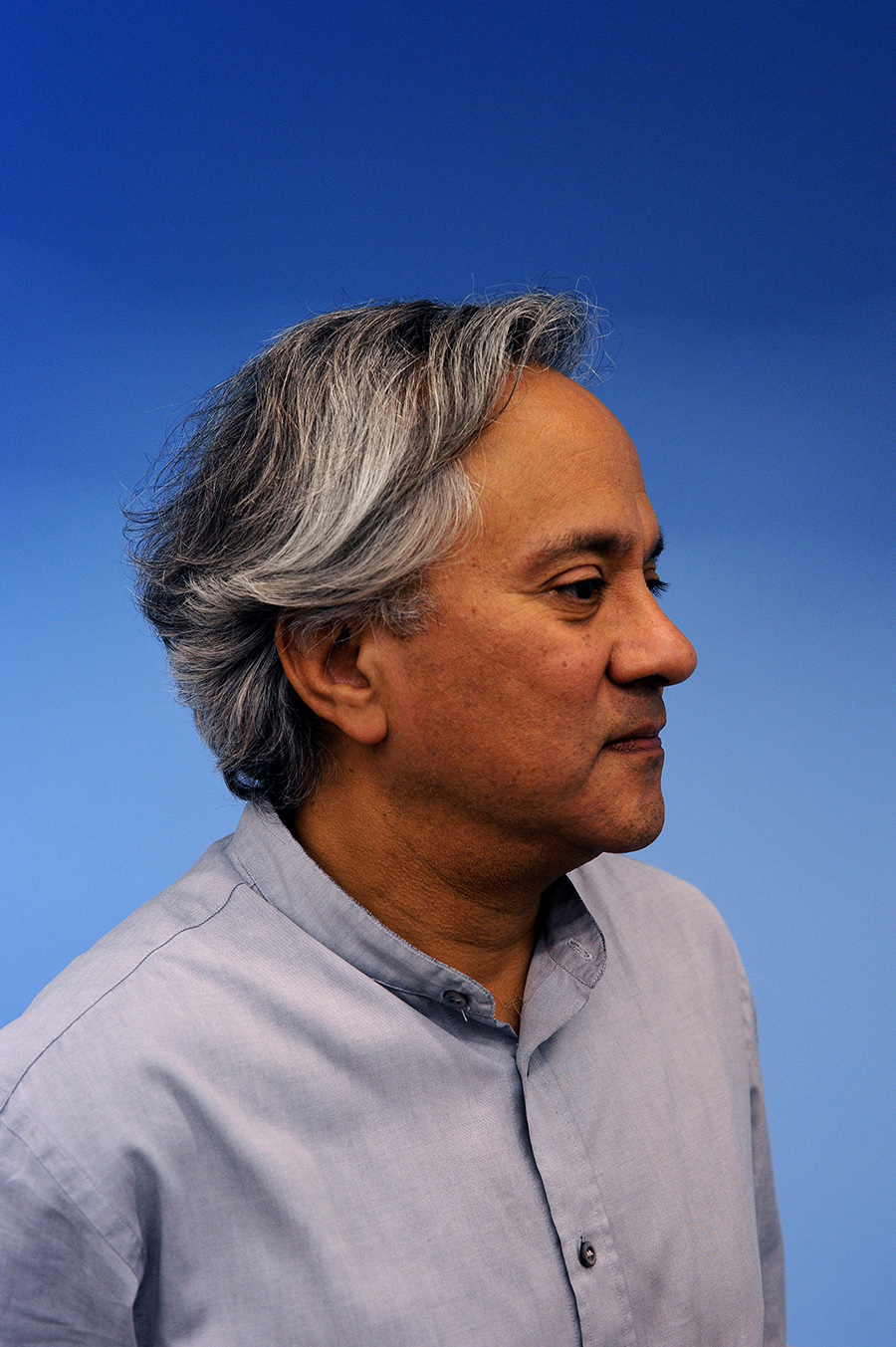
After weighing up his legal options, Kapoor released the open letter alongside advocacy organization Everytown for Gun Safety. In it he says that it is time that the NRA ‘was held to account for its ongoing campaign of fear and hate in American society’. Kapoor argues that art must ‘recognize the dignity and humanity of all, irrespective of creed or racial origin.’
Kapoor’s intervention comes at a time of renewed debate in the US around violence and arms control, after the tragic shooting at a Parkland Florida school last month, which claimed 17 victims. Yesterday, President Trump rowed back on an initial promise for stronger gun control measures in the wake of the Parkland shooting in the face of pressure from the NRA.








